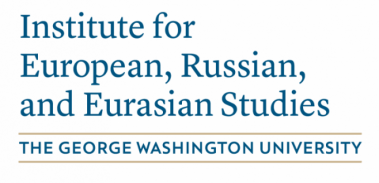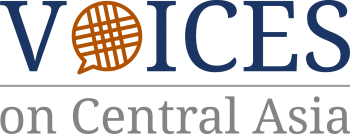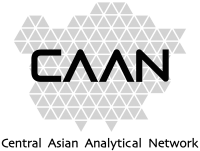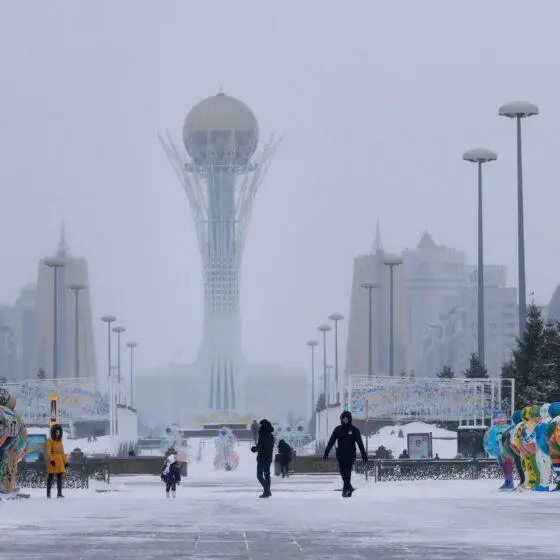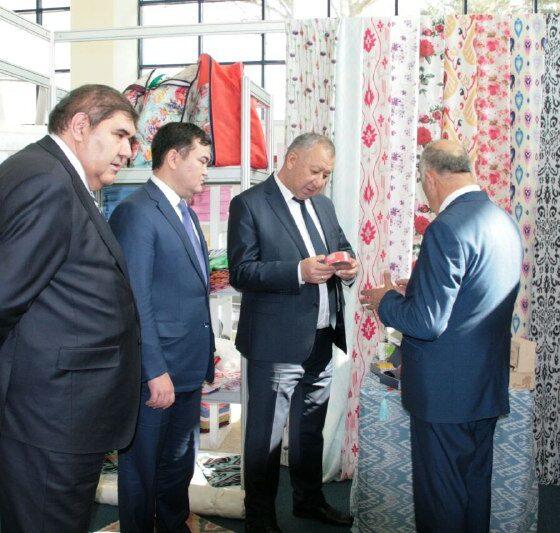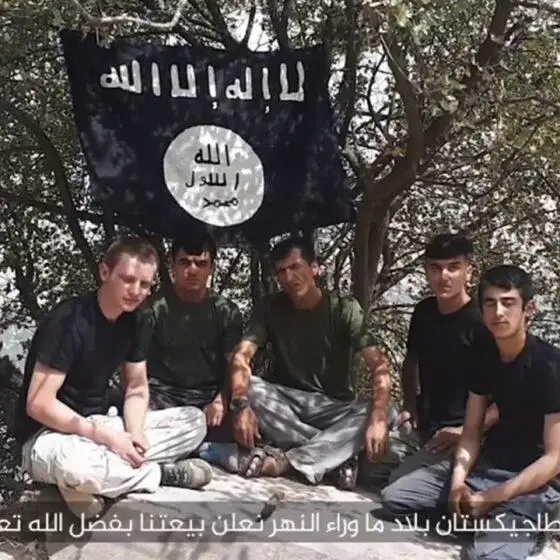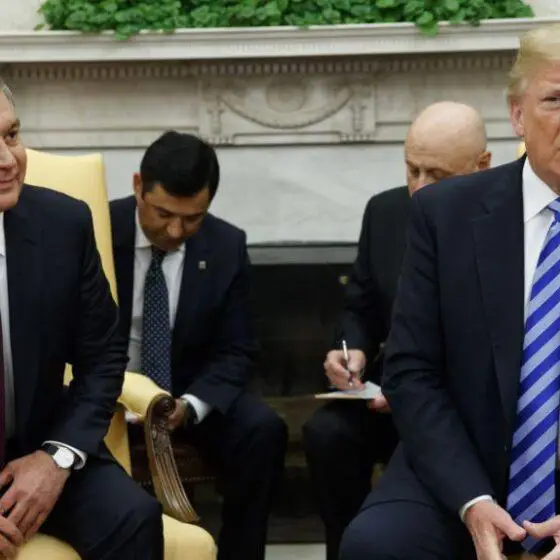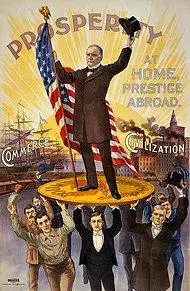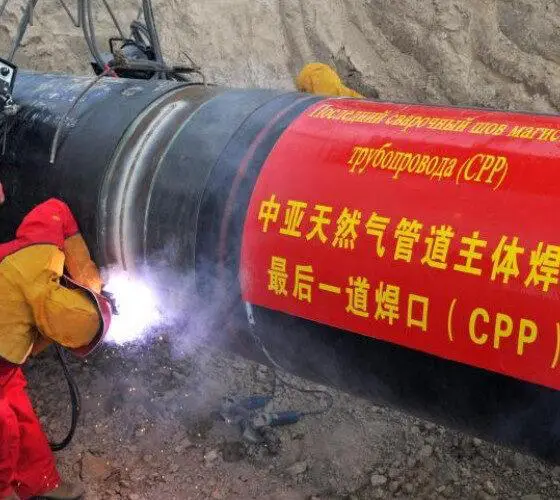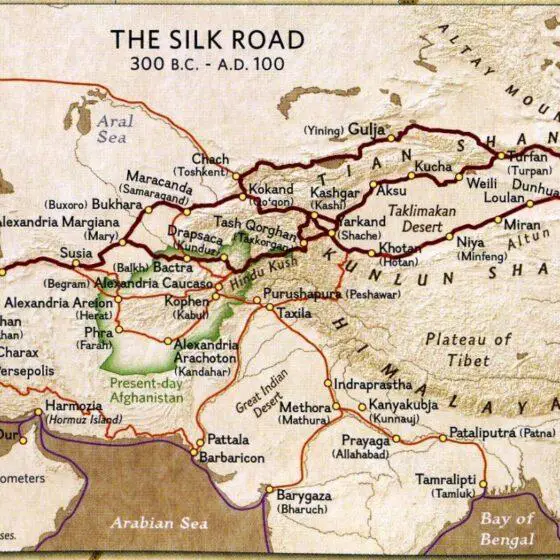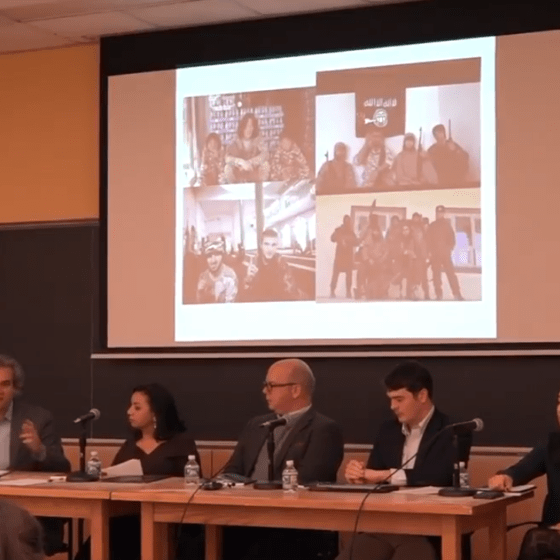CASI RESEARCH SEMINAR:
“Reluctant Monopolists: Religious regulation, politicization, and identity in Central Asia”
SPEAKER:
Dustin Gamza,
Ph.D. Candidate, University of Michigan, USA
CASI Visiting Scholar
Date: December 2, 2015
Time: 16:00
Venue: Room: 206, AUCA New Campus
Abstract:
Does religious regulation work? Regimes in the post-Soviet space choose to regulate religion, to stymie its political potential, or as part of the nation-building process. However, we still often witness religion as a political force and vital component of identity, in some cases increasing in importance over time. Why does religion sometimes become a locus of oppositional identity, despite attempts to control or reduce its influence? When does religious regulation succeed?
In this study, I consider the direct effects of religious regulation on politicization and identity in the post-Soviet space. I aim to break down religious regulation into restrictions and subsidies, which may be used in different combinations in an attempt to influence the religious market. The balance of these strategies shifts over time. I then demonstrate, using a mixed-method approach, how these strategies can 1) influence the politicization of religion and, 2) affect the religio-national identity of targeted and non-targeted individuals. I use protest data as a proxy for political behavior, and semi-structured interviews as supplementary data. Religious regulation is measured using legal data. I hope to use the results of this study to inform a survey that I aim to conduct in 2016.
Short Bio:
Dustin Gamza is a PhD candidate at the University of Michigan and a Visiting Research Scholar at the Central Asian Studies Institute. Before starting his graduate work at Michigan, Gamza graduated from Duke University summa cum laude with a B.A. in political science and spent a year studying at the London School of Economics. His research focuses how governments and religious groups interact, and the role that religion may play in civil conflict. His work primarily focuses on the post-Soviet space.
To attend, please register at https://goo.gl/1kvur2
